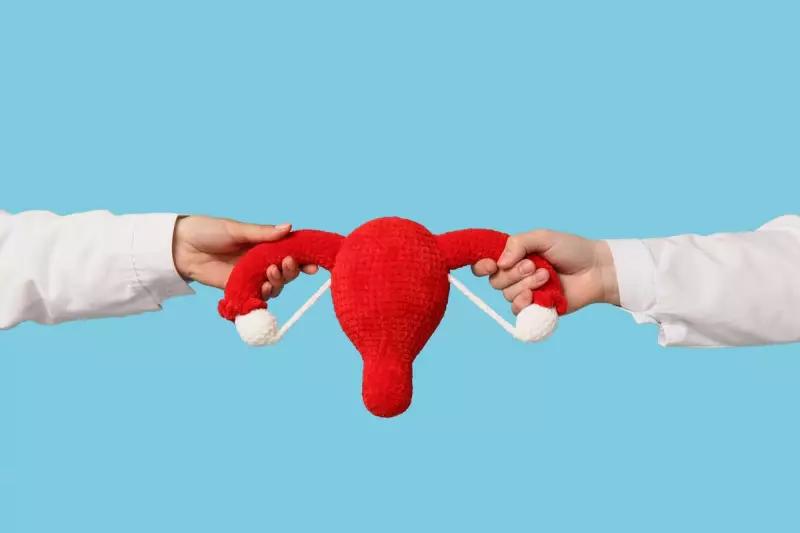
Renowned actress Alex Kingston, celebrated for her roles in ER and Doctor Who, has issued an urgent health warning after being diagnosed with womb cancer following years of ignoring a critical symptom.
The Symptom She Dismissed
The 60-year-old actress confessed to experiencing post-menopausal bleeding for nearly a decade before seeking medical attention. "I had been bleeding after my menopause for years," Kingston revealed. "I kept thinking, 'Oh, it's just my age, it's just one of those things.'"
A Life-Saving Realisation
The turning point came during a conversation with her sister, a nurse, who immediately recognised the danger. "She said, 'You've got to go to the doctor. That is not normal,'" Kingston recalled. This intervention proved crucial, leading to her eventual diagnosis and treatment.
Understanding Womb Cancer
Also known as endometrial or uterine cancer, this disease affects the lining of the womb and represents the fourth most common cancer among women in the UK. The NHS identifies several key symptoms that warrant immediate medical attention:
- Bleeding after menopause
- Heavier than normal periods
- Vaginal bleeding between periods
- Blood in your urine
- Persistent pain in the pelvis, back, or legs
- Unexplained weight loss
Treatment and Recovery
Kingston underwent a radical hysterectomy to remove her womb, a procedure she described as "very invasive." Following surgery, she required six weeks of recovery before returning to work. Her experience highlights the importance of early detection and treatment.
A Message of Hope and Vigilance
Now cancer-free, Kingston emphasises that womb cancer is often highly treatable when caught early. She's using her platform to educate women about recognising symptoms and seeking prompt medical help, particularly stressing that post-menopausal bleeding should never be ignored.
Her story serves as a powerful reminder that being proactive about unusual bodily changes can be life-saving. As Kingston demonstrates, speaking openly about women's health issues can empower others to prioritise their wellbeing.





